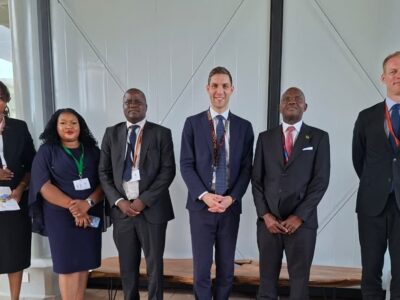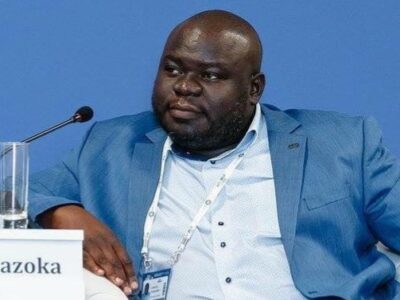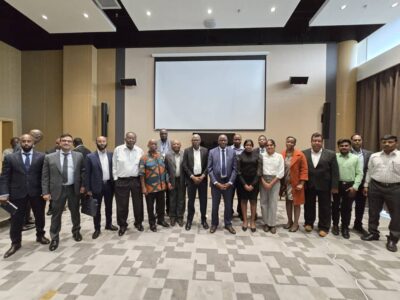ZESCO Limited says the 12-hour load management will continue given the low generation being experienced in the country.
ZESCO Ndola Senior Regional Manager, Tom Daka, mentioned that ZESCO would continue with 12-hour load management targeting domestic customers due to a significant slump in generation.
“ZESCO, at maximum capacity at all its hydropower generation stations, including contributions from independent power producers, totals over 3,000 megawatts, but the country has a power demand of 2,500 MW,” Daka stated.
He said: “However, due to climate change resulting in depleted water levels, for instance, Kariba Dam, which should have water levels at 477.5 meters to produce power, is currently at 477.31 meters. Meanwhile, Kafue Gorge, which should have a maximum water capacity of 974 meters annually, has less than that amount.”
He also provided insights on net-metering: “Net-metering is a process whereby ZESCO can purchase power from individuals with excess power generated through various sources such as solar,” he explained.
Read More: Electricity rationing may go beyond 12 hours per day, as ZESCO struggles with imported power
Daka confirmed during a press briefing in Ndola that the power utility had developed a plan to ensure that all critical institutions were spared from power rationing.
He maintained that the utility would follow President Hakainde Hichilema’s directive to spare critical institutions and infrastructure from load shedding, according to company officials.
During a press conference in Lusaka, President Hichilema instructed ZESCO to ensure that hospitals, clinics, milling plants, and water utilities, among others, are not subjected to load shedding during the energy crisis.
He added that in response to the recent Presidential directive, ZESCO had exempted all key institutions, such as hospitals, clinics, milling plants and water utilities, from load shedding.
However, Daka mentioned that ZESCO would continue with 12-hour load management targeting domestic customers due to a significant slump in generation.
He also provided insights on net-metering: “Net-metering is a process whereby ZESCO can purchase power from individuals with excess power generated through various sources such as solar,” he explained.
WARMING! All rights reserved. This material, and other digital content on this website, may not be reproduced, published, broadcast, rewritten or redistributed in whole or in part without prior express permission from ZAMBIA MONITOR.













Comments